Welcome to Happiness is a quirky fantasy film about two worlds. Woody (Kyle Gallner) is the gatekeeper between the two worlds. In his closet is a tiny door that strangers go through. Before each person gets to his apartment there is a mysterious printer prints questions for Woody to ask. Sound strange? Well it is. Yet the film pulls you in. The door is a mystery at first. Not even Woody knows what's behind it. Yet strangers keep coming. The first time he meets someone who had gone through the door and come back raises even more questions. He learns that the door helps people fix their regrets. This makes him very jealous because he has regrets himself. Along with Woody the film follows two other guys Nyles (Brendon Sexton III) and Ripley (Josh Brenner) who are struggling with depression. Each one is at a different place in their journey but all of them are looking for happiness.
The movie is filled with interesting and colorful characters. Besides the three main guys there is the mysterious Moses played by the great Nick Offerman and the always fun to watch Keegan-Micheal Key as Proctor. While I would like to get to know more about some of the characters (especially Key's Proctor and Molly Quinn's Lillian) they are just eccentric enough that you go along with it. Writer/Director Oliver Thompson creates two contrasting worlds.. A "real" world and the dreamlike world that people enter when they go through the door. But what I love about the movie are the philosophical questions it asks. What does make people happy? What makes people sad? What do you do when you hit rock bottom? While there is no mention of religion the movie does have a spiritual feel to it. When we learn what is behind the door it challenges the audience to think about what they regret and if it's worth holding on to it. Maybe the view is too simplistic but it definitely gives you something to think about.
Writer and director Oliver Thompson and Producer Bay Dariz were kind enough to answer a few questions for our 10 Question feature. Check it out below. The film is playing in select cities (including Milwaukee) now and available on VOD platforms.
Overall
I enjoyed this film. I loved the characters and the contrast between the two worlds. The cast is amazing and each one looks like they are having fun in their roles. If you get a chance definitely check it out.
B+
10 QUESTIONS WITH OLIVER THOMPSON AND BAY DARIZ
Bay: We met through a mutual friend soon after Oliver moved to LA four years ago, and started out collaborating on music. We quickly found out that we both wanted to make movies, and shifted our energies there.
MMT: Oliver, the movie is definitely a unique fantasy film. How did you come up with the story? And was it always going to be a fantasy film?
Oliver: Yes, the script began with the simple idea that a guy would have a magic door in his closet, I didn't even know where it would lead I just knew he would act as a "gatekeeper", so from the initial spark there was already a fantasy element to it.
MMT: Oliver, you mention in your director’s statement that all three men are orphans. Did this come from a personal place or just something you felt would work well in the story?
Oliver: I never think about it very consciously, but it seems to be a theme that keeps reoccurring in my writing.
MMT: You also mention that the idea was spawned from a conversation you had about horror movies. How did horror movies inspire this film?
Oliver: The conversation in question was actually about not wanting to make a horror movie! We were trying so hard to get various horror related projects off the ground with no success, so I decided in that moment to write something that was completely opposite and see if it had better results. It worked! Like when George Costanza decides to act against every impulse and things start turning around for him.
MMT: The cast is very impressive. How where you able to get such big names like Nick Offerman, Frances Conroy, and Keegan-Michael Key?
Bay: Kyle Gallner and Molly Quinn were both longtime friends of mine and became involved very early on. They had relationships with some of the other actors, and we also had an incredible casting director named Lauren Grey. Personal relationships helped us get actors to read the script, but ultimately everyone who signed on just really loved the material and wanted to play in our sandbox with us.
MMT: Bay, before you became a producer you were an actor. What made you want to move into a different role? Was it hard to adjust? Did you have any thoughts about playing a part in it?.
Bay: I really love acting, but like most actors I just wasn’t getting the roles I wanted. Initially, producing was supposed to be more of a gateway to creating future acting opportunities for myself, but producing is so challenging and creatively fulfilling in other ways that I actually love it more than acting. I actually had an acting gig right after we wrapped, and it was a harder adjustment going back to being on set as an actor and not being in charge. I think I’ve found my calling as a producer.
MMT: What movies were your inspirations for your film? It did feel like Being John Malkovich was at least a little influence?
Oliver: The two biggest influences on the script were actually TV shows, "Lost" and "Twin Peaks." I think the whole thing started with the idea that it would be fun to make something mystical like Lost, and then I funneled it through some of the quirk and hyper-realism of Twin Peaks. I don't remember thinking about "Being John Malkovich", but I'm a big Charlie Kaufman fan so it's probably always on my mind to some degree.
MMT: The movie feels like it has a lot philosophical influence, but no mention of religion. Just curious if it was conscious decisions not to have any mention of religion or if it just wasn’t part of the story you were telling?
Oliver: Philosophical and spiritual themes are definitely at the core of the movie, and religion very easily becomes part of that broader conversation, so I think those themes exist. But it seemed better to not address them head on and let each person interpret it for themselves. So to answer your question, I think the spirituality that religion can provide is definitely part of the story, but it didn't seem necessary or appropriate to address it specifically.
MMT: What do you hope people get out of your movie? There is obviously a point you are trying to make what is it?
Oliver: I don't know if I really was trying to make a point. The line "Everything happens for a reason" can probably be taken away as the thesis statement of the movie, but that wasn't something I thought about while writing. I just hope people enjoy it.
MMT: The film is opening up in select markets this weekend. It's exciting to have an indie film like this opening up in Milwaukee. Have you had much contact with other filmmakers in Milwaukee? Do you have a sense of what the film scene is like in Milwaukee?
Bay: It was always important to me that we play in Milwaukee if we could, because I know there’s an appetite for smart, independent films. When I lived in Milwaukee, I used to be one of the people going to the indie theaters every week to see everything that was playing. Many of my collaborators here in LA are from the Midwest (Oliver is from Detroit, our cinematographer Justin Talley is from Minneapolis), but I haven’t yet had a chance to get plugged into the Milwaukee film scene. I’ve been saying for a long time that I want to go back to Milwaukee and shoot a film there, so hopefully I’ll start making those connections soon.
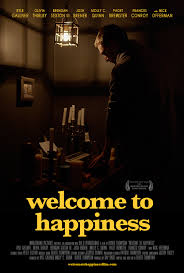
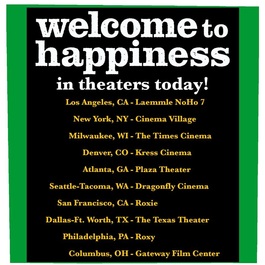
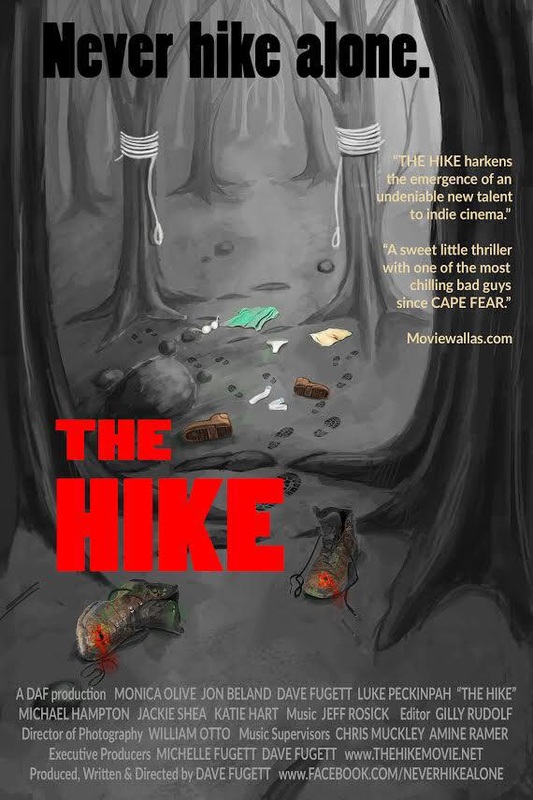
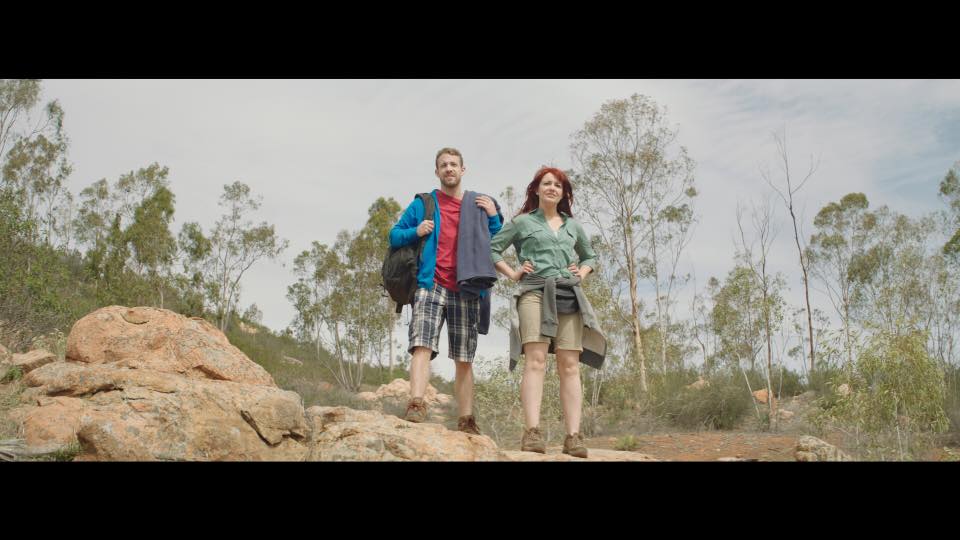
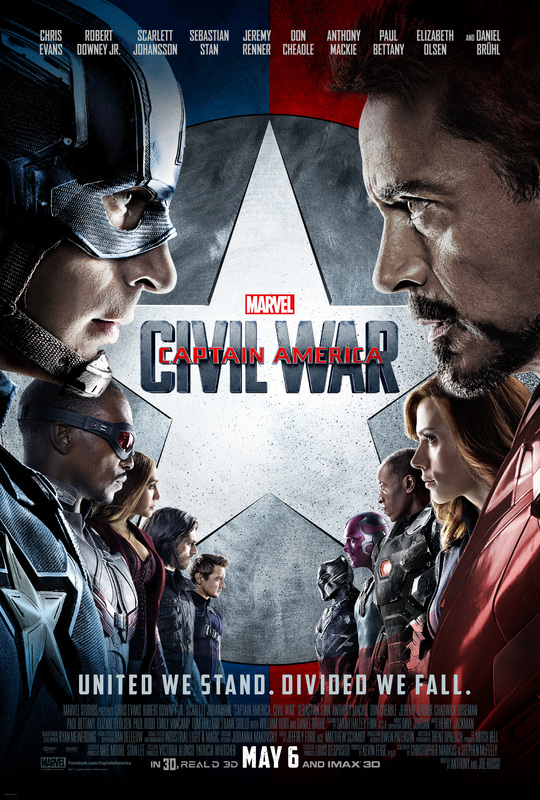
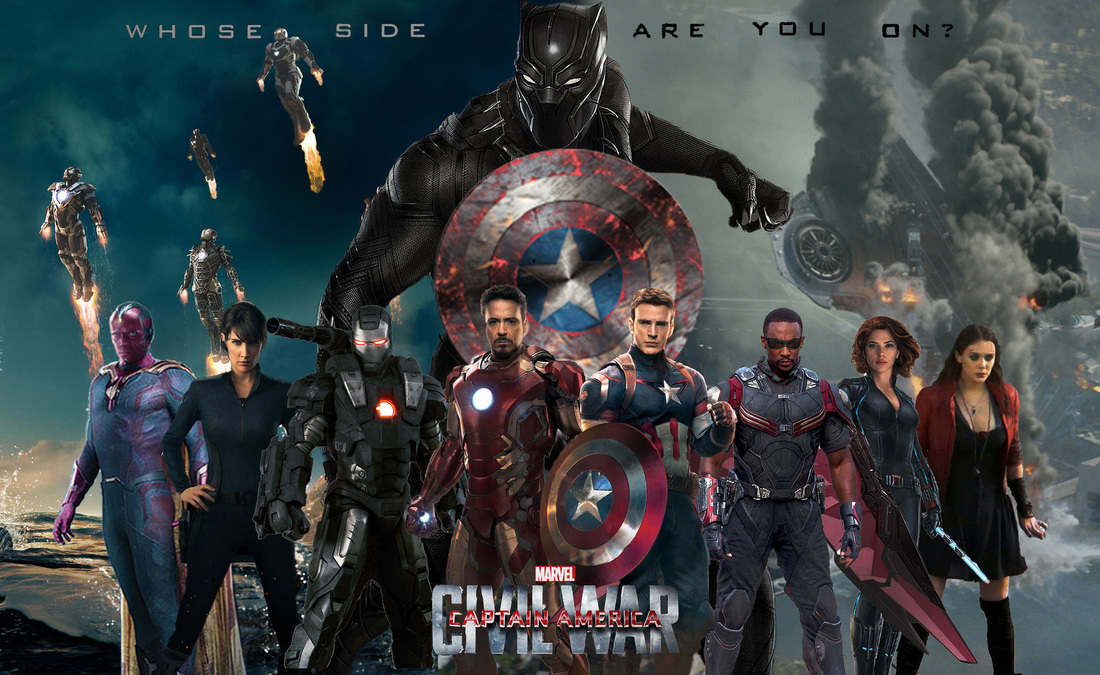
 RSS Feed
RSS Feed